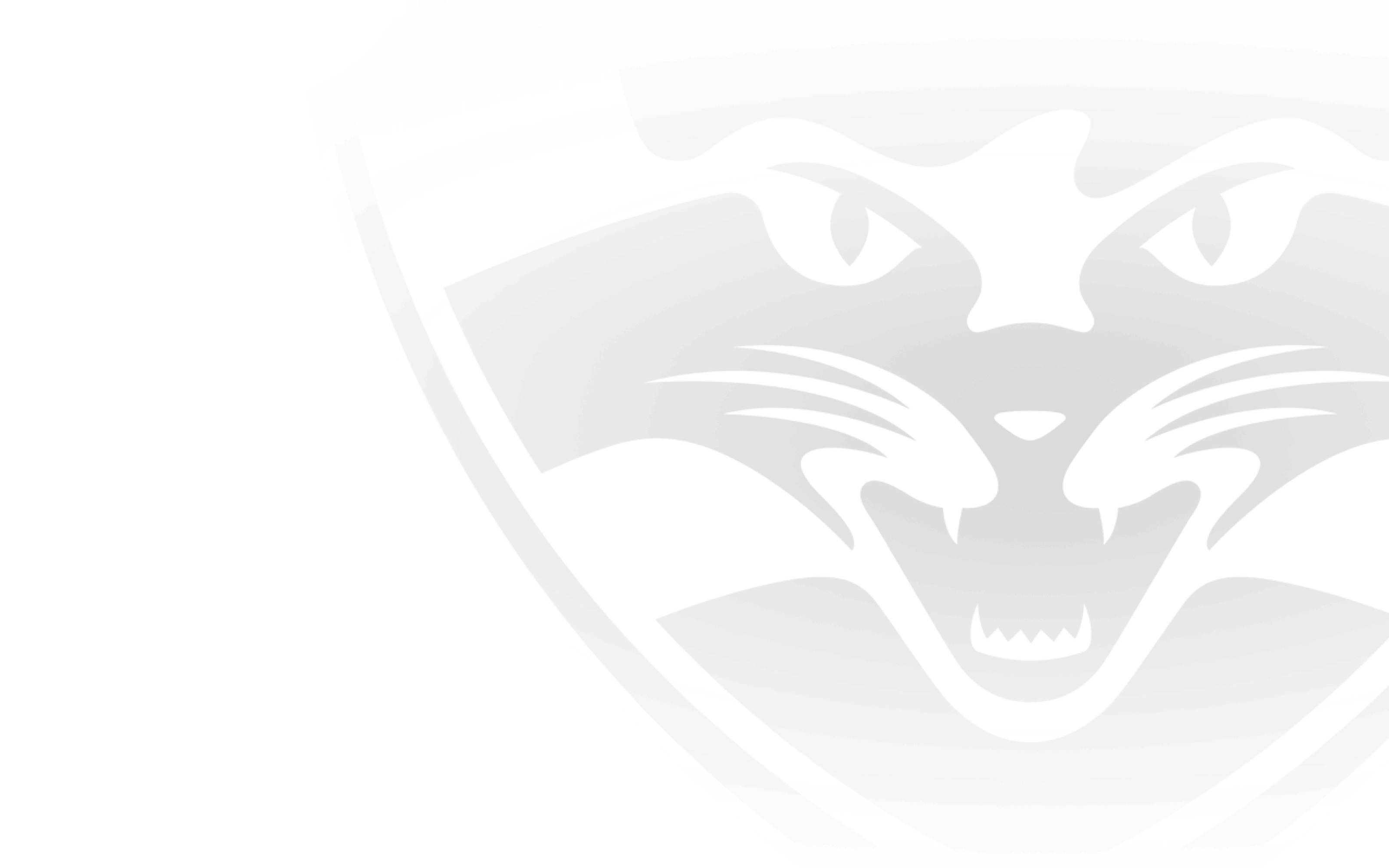Captain Joseph Slater is a name synonymous with some of the Greatest Geelong footballers to ever pull on the hoops.
Slater started his career at Geelong in 1906, making his debut at Corio Oval in a late season clash with Carlton.
The versatile Cat quickly proved he could influence games at every position, spending time through the centre of the ground and in the Geelong forward line. He was described as strong and tough, but had exquisite pace and covered the ground like no other player.
But it was across half-back that Slater made a name for himself, with many regarding him as the best defender in the League for much of his career.
Slater was often seen flying high above packs, with his marking prowess another feature of Joe’s game.
Featuring in the Geelong team from 1906 to 1914, Slater would play 108 games for the Cats across half back before playing his final game in a 1914 Semi Final against South Melbourne.
Following the 1914 season, Slater made the decision to enlist in the Australian Imperial Force in April 2015.
He would be posted to the 22nd Battalion as second lieutenant, impressing as a soldier and was promoted to Captain after just 11 months in the Army.
Slater landed at Gallipoli in World War One, spending two months there before being assigned to a new role in France where he would spend the next two years of the war.
In May 1917, Slater was killed in action while leading an operation at Bullecourt.
The day of Slater’s passing created “a feeling of profound sorrow over Geelong,” according to the Geelong Advertiser story from 1917.
The day of his passing also coincided with another historical day at Geelong Oval, when Sergeant Dangerfield addressed the Geelong crowd looking for new recruits.
Sergeant Dangerfield was speaking with the crowd outside the Ladies’ reserve, when he was met with stern opposition from the ‘Pivotonian’ crowd. Heated exchanges in the crowd were observed, with Dangerfield struggling through numerous interjections from those he was attempting to recruit.
The Geelong Advertiser explained that much of the hostility towards the military officials, was due to the spreading news of Joe Slater’s death.
Such was the impact of Slater’s passing, that there were reports of fans abandoning the football game to return home and mourn the tragic news.
Joe Slater would finish his football career as an all-time great at Geelong.
In 2002 he was inducted into the Geelong Football Club Hall of Fame, while also being selected into the Cats’ Team of the 20th Century.
Joe would receive Life Membership with the Geelong Football Club in 2012, while being remembered as one the greatest Cats’ both on and off the field.


